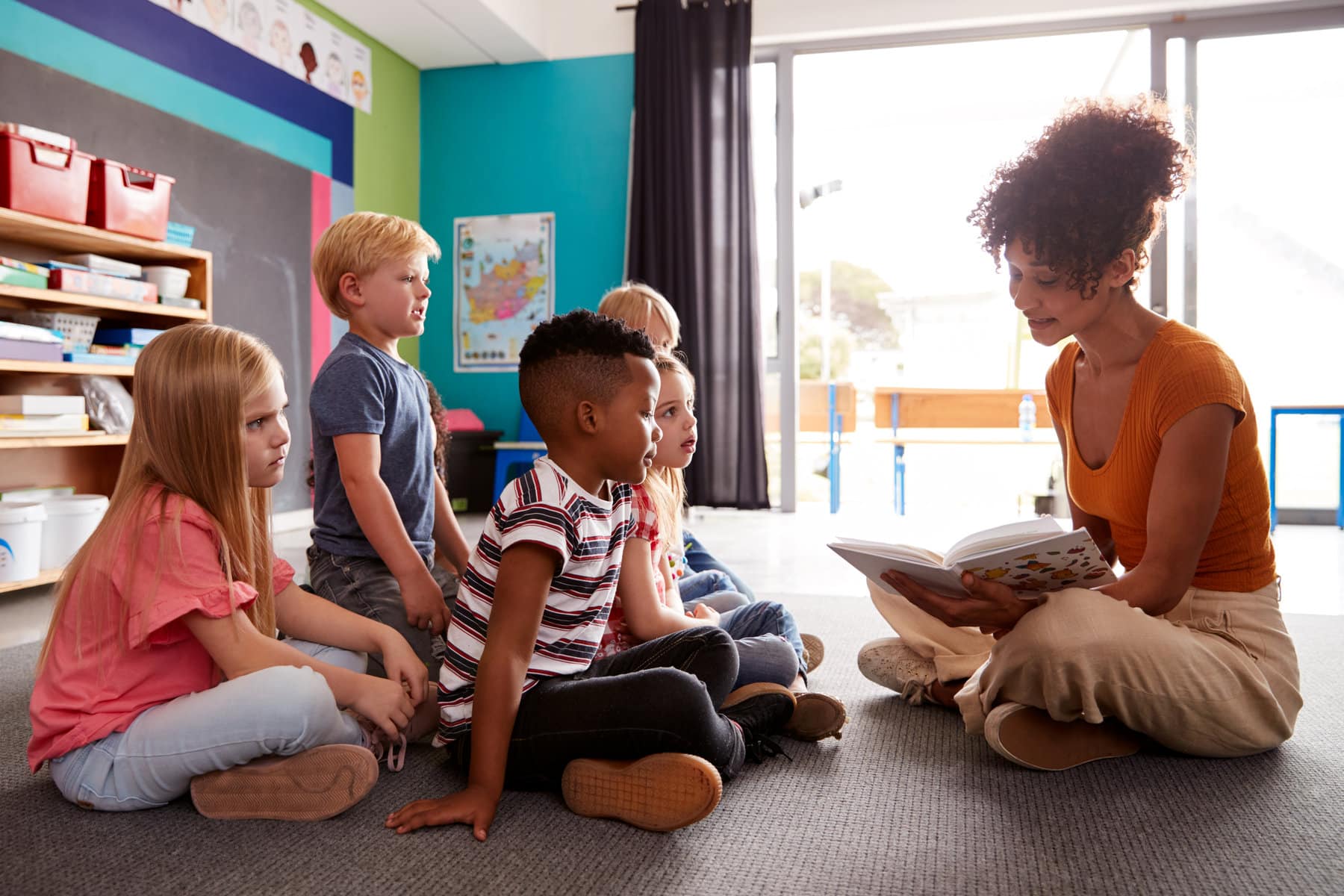
How to Increase Family Involvement with Connection
Teamwork makes the dream work. Your school’s team consists of your students, school administrators, teachers, and other faculty and support staff. But it’s important to have every teammate in the bullpen. Don’t forget who needs to be included: your students’ families. It can be challenging at times to get families








